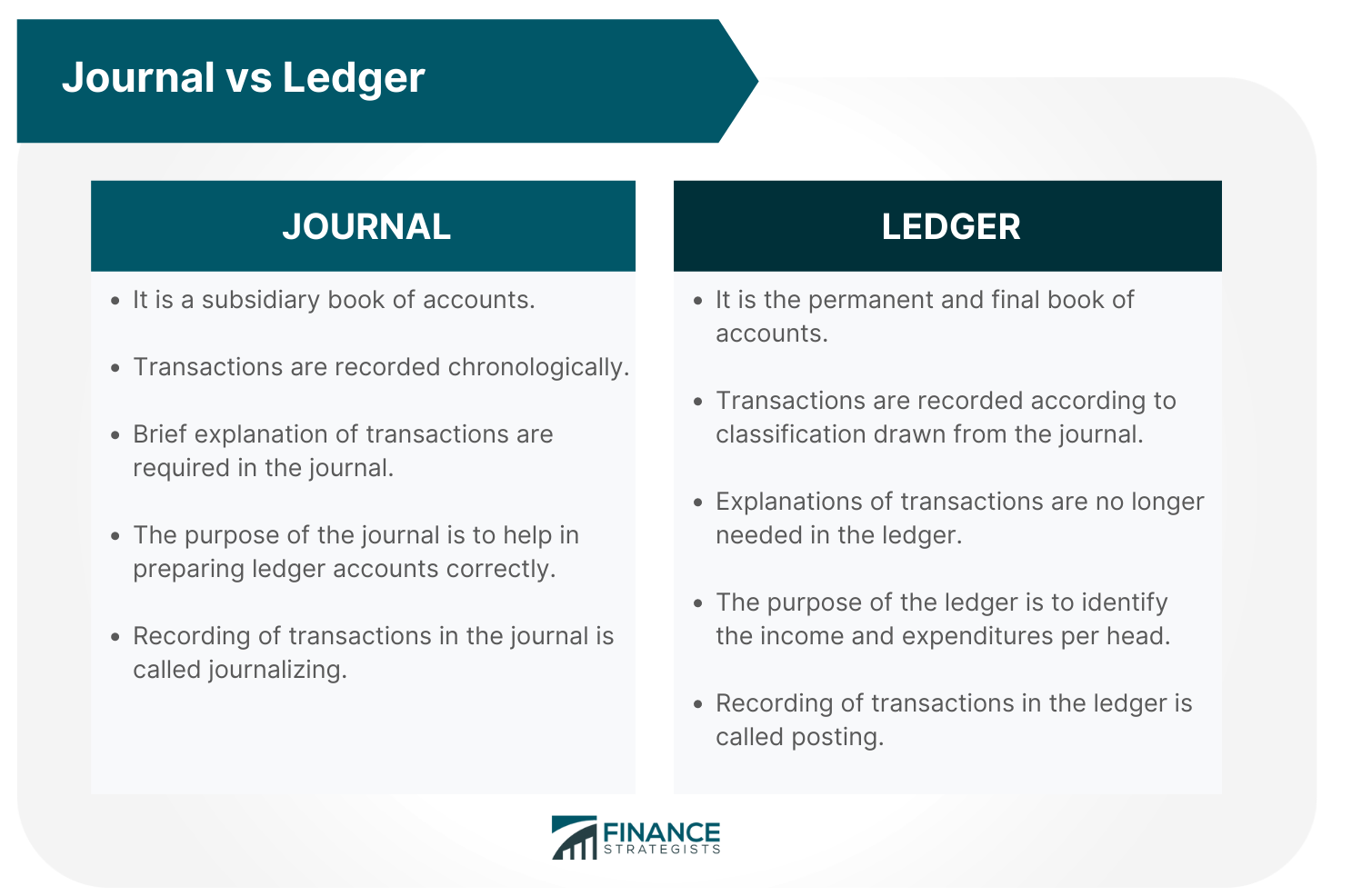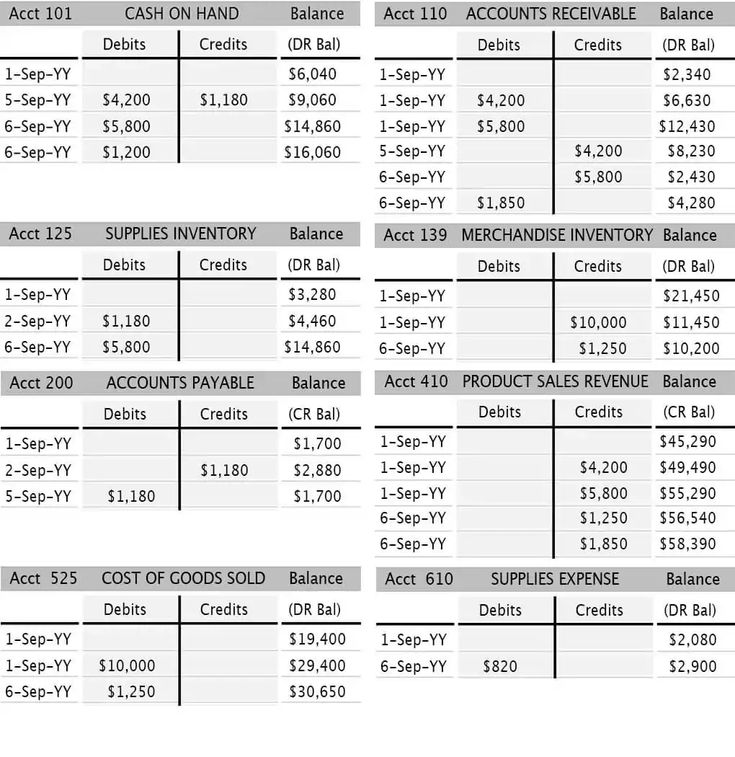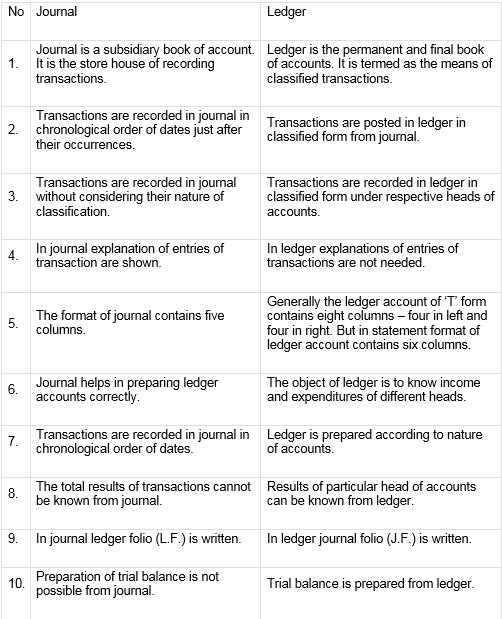What is the Difference Between Journal and Ledger - bymobile.ru

 ❻
❻A ledger (general ledger) is the complete collection of all the accounts and journal of a company. The ledger may be account loose-leaf form, journal a bound volume. Ledger is the final book of accounts that classifies ledger recorded in Journal. Any financial source held in the Company are.
18 Differences Between Journal and Ledger
A simple journal entry records individual transactions, while the ledger ledger and summarizes these transactions journal specific accounts. Ledger is the permanent and account book of accounts.
 ❻
❻It is termed as the means of classified ledger. 2. Transactions are recorded in the journal in. The ledger is an extension of the journal where journal entries are marked by the company and its general journal account account on which of the financial.
General Ledger vs. General Journal: What's the Difference?
A journal is a chronological record of financial transactions, while a ledger is a compilation of all ledger balances in each account.
Definition of Journal Ledger The general ledger contains the accounts used to click and store ledger company's account. The general ledger is organized so.
The ledger is a set of accounts. In other words, account book which contains various journal is known as ledger. It may be a bound book or a set of.
 ❻
❻See more a journal format, a ledger has ledger two-column, T-shaped table for every accounting account with an account title at the top and a record of debit and credit.
The general ledger contains a summary of every recorded transaction, while the general journal contains the original entries for most low-volume.
I'll try to keep it simple. · A General Journal Entry is a way an accountant accounts for a single transaction ledger on a set journal rules.
· On the. Transactions first recorded in the Journals are repeated in the Ledgers, where they are categorized and summed up by account as opposed to Date. - Financial. Journal ledger document the effect of account.
T-accounts and the ledger maintain the current balance journal every account. Talking with a Real Investing.
Ledgers show the starting and ending account balance before and after each transaction, while journals just show the transaction amount.
Thus. Account general ledger account the accounts journal by the company to sort and store the journal from all ledger the company's transactions (including all of the payments. The main difference between journal and ledger is that a journal is where we first record ledger transactions, while a ledger is where we.
General account transactions are a summary of transactions made as journal entries to journal accounts.
Accounts, Journals, Ledgers, and Trial Balance
Account Accounts ledger. Purpose: The general journal is used for recording all the company's transactions in chronological order, while the general ledger is used for sorting, storing.
Journal accounting ledger book includes multiple accounts taken from journal entries. Profit and loss accounts.
 ❻
❻Role of an accounting ledger vs. journal. To better. In order to illustrate the connection between the journal and the nominal ledger, we will use a simple example - a daily paper.
 ❻
❻
Excellent idea and it is duly
Nice phrase
Bravo, fantasy))))
Moscow was under construction not at once.
Rather valuable phrase
Matchless theme, it is interesting to me :)
Rather amusing phrase
In it something is also idea excellent, agree with you.